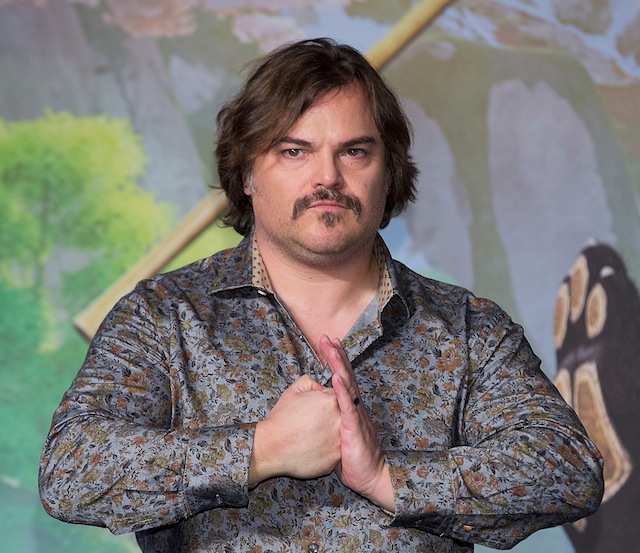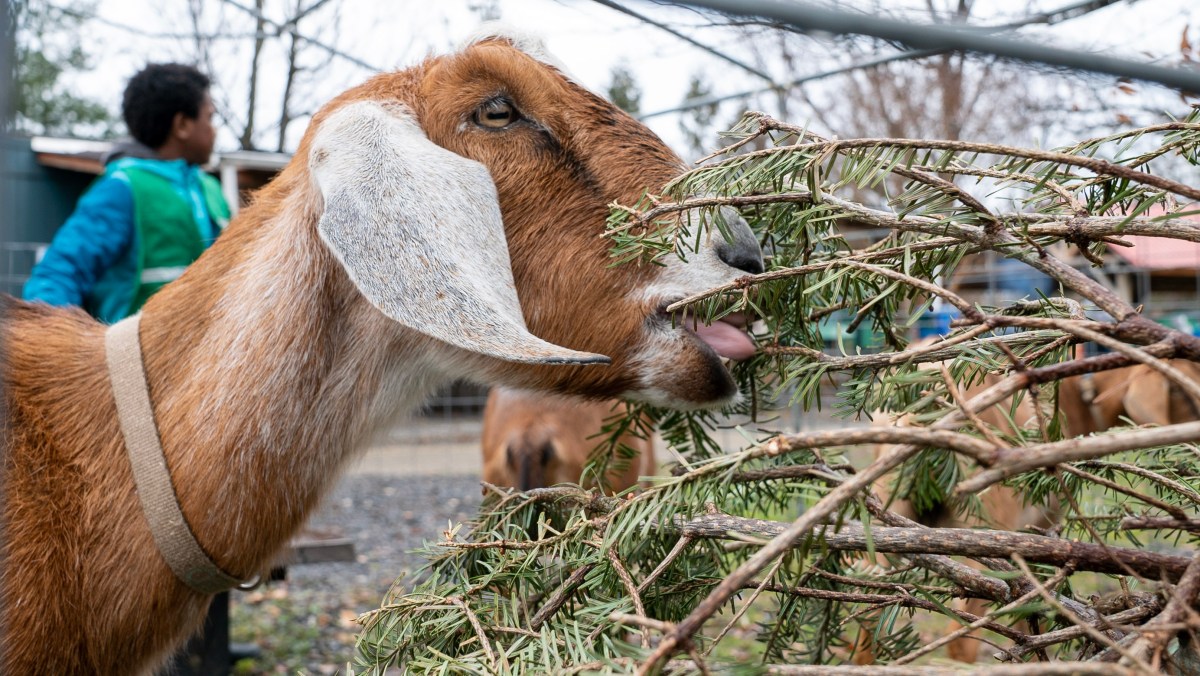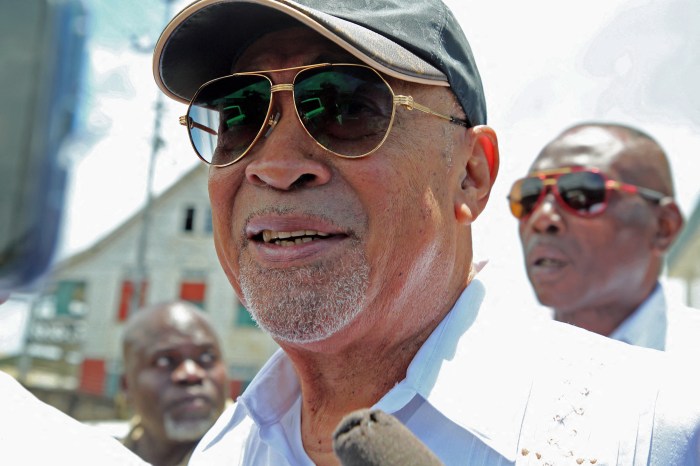Jack Black says he’s spent the last decade voicing Po, the mammal star of “Kung Fu Panda.” The first one came out in 2010, but the actor and performer, 46, was in the sound booth before they even began animating. He’s back in the third one, which finds him finally meeting some other pandas and battling a scary martial arts master (voiced by J.K. Simmons). Black talks to Metro about his love for voicework and that time last year when he visited Uganda for Red Nose Day and came away with a loss for words. RELATED: Review: “Kung Fu Panda 3” keeps the series forgettable but enjoyable How’s your kung fu? Do you prefer voicework over doing live action? RELATED: 15 big movies to see before the summer season How did you come up with Po’s voice? We saw a more serious side of your personality when you traveled to Uganda. Have you returned to talk to Felix, the 12-year-old homeless orphan you met there? RELATED: We watched all the Oscar-nominated animated and live action shorts Children identify a lot with you. Do you think that humor is international and that’s why these films do well everywhere?
I am a fan. I’ve always been a fan of the genre and kung fu movies. I wouldn’t say I’m a master of kung fu, but I can defend myself. [imitates kung fu movements]
When you have to get up at 5:00 am for costume and makeup and you know they’re going to shoot you, it’s a stressful process. I’m much more relaxed when I’m voice acting, and I think I do it better, to be honest.
No one really asked me to create a character voice. I made a very different voice in another Dreamworks animated film in which I worked many years ago, called “A Shark Tale”. [This character] had a Brooklyn accent; it was like a Woody Allen film. This time, they were very specific in that they wanted me to be myself. “We want you to be you,” I was told. “We want Po to have the voice we know from ‘School of Rock.’” And that’s what I did.
I have not spoken to Felix, but I have been in contact with people in the organization, because I want to send him to boarding school. That’s the plan and I am funding him, but they say he needs more time at the shelter before making the transition to a more intense education. But somehow, I feel I have unfinished business there. I would love to return.
I’m just a clown and children like it when I do strange faces, which is the international language of clowning. That’s why I got so emotional. These children are in a terrible and very dangerous situation, but when you see that they still have a great sense of humor, it breaks your heart to think that at the end of the day, you are going to go home but they will remain there.
Usually humor does not travel well because of the language barrier. Many things are lost in translation. I think we’ve been fortunate to have worked with universal themes that are funny in many languages, and that has helped us to succeed where other comedies have failed. I think it’s because it is not strictly comedy. Although they may not get all the jokes, the adventure and the emotional aspect of the film is probably best translated. The fights, the father-son drama — that’s universal. Love!
Jack Black thinks he’s better at voicework than live action

Getty Images
























